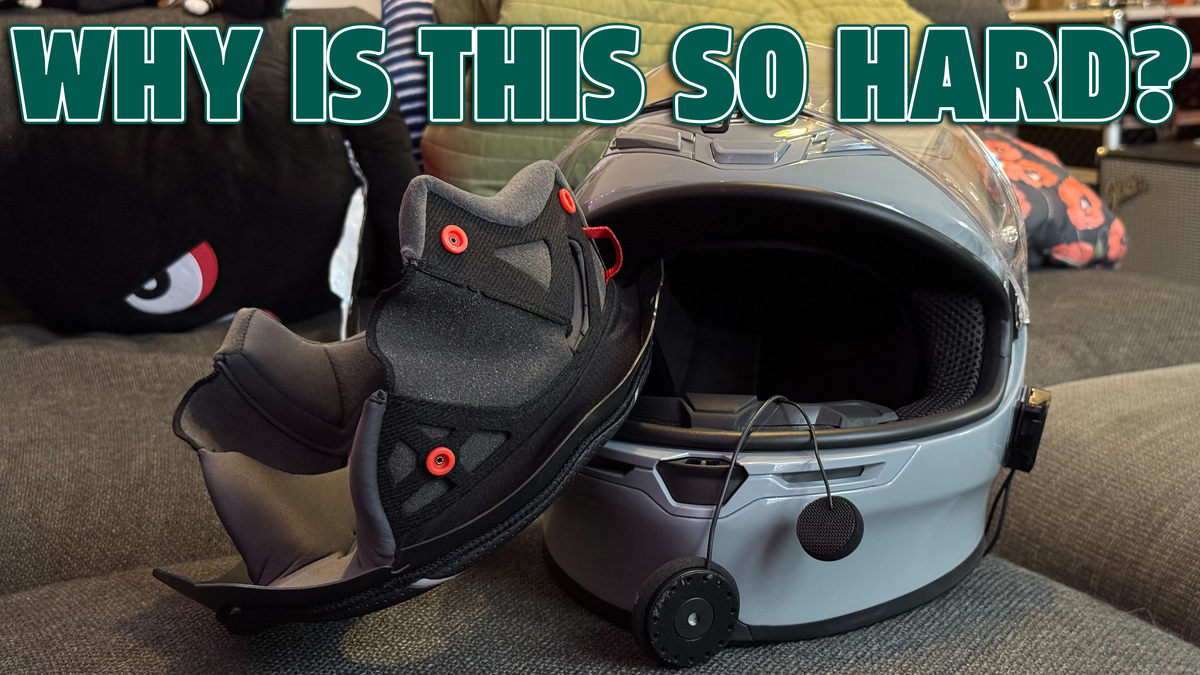Lands’ End, the all-American, classic-styled brand, managed to show progress on the bottom line and margin gains in the second quarter despite the tough macro environment for selling fashion and other discretionary products.
The net loss in the second quarter ended Aug. 2 shrunk to $5.3 million, or 17 cents per diluted share, compared to a net loss of $8 million, or 25 cents per diluted share, in the second quarter of fiscal 2023.
The adjusted net loss was $700,000, or 2 cents per diluted share, driven by a non-cash charge related to long-lived asset impairment and restructuring costs, compared to an adjusted net loss of $7.6 million, or 24 cents per share, in the second quarter of fiscal 2023.
Adjusted EBITDA was $17.1 million in the second quarter compared to $15.8 million in the year-ago period.
Net revenue decreased slightly to $317.2 million compared to $323.3 million in the second quarter of fiscal 2023.
Gross margin increased 470 basis points to 47.9 percent, from 43.2 percent in the year-ago period. The company cited newness, lower promotional activity, reduction in clearance and improved supply chain costs for the margin gain.
“Our robust second-quarter results continue to prove our solutions-based strategy is working,” Andrew McLean, chief executive officer, said in a statement Thursday. “A focus on innovation across our business is evolving the Lands’ End brand and assortment, attracting new customers and further improving our supply chain and inventory position. These achievements highlight our dedication to driving growth and efficiency while delivering value to our customers and shareholders.”
Bernie McCracken, chief financial officer, stated, “We are pleased with our performance during the quarter, which resulted in net revenue and adjusted EBITDA at the high end of our guidance range and strong growth in gross merchandise value. Additionally, our deliberate efforts to prioritize profitability and balance sheet efficiency is evidenced by a 9 percent increase in gross profit, driven by our sixth consecutive quarter of gross margin expansion.”
In other second-quarter results, gross merchandise value increased midsingle digits compared to the second quarter of 2023. (GMV is total order value of all merchandise sold to customers through business-to-consumer and business-to-business channels, as well as the retail value of the merchandise sold through third-party distribution channels.)
Global e-commerce net revenue was $211.3 million, a decrease of $7.4 million from $218.7 million in the second quarter of fiscal 2023.
U.S. e-commerce net revenue was $188.3 million, a decrease of 3.9 percent from $195.9 million in the second quarter of fiscal 2023. “The decrease was primarily driven by the transition of kids and footwear products from a direct to a license model, lower promotional activity and improved inventory management resulting in increased gross profit from higher gross margins. Excluding the impact of transitioning the kids and footwear products to licensing arrangements, U.S. e-commerce revenue increased by midsingle digits year-over-year,” the company stated.
International e-commerce net revenue increased 0.9 percent, primarily driven by an increase in full-price sales, lower promotional activity and improved inventory management resulting in increased gross profit from higher gross margins, the company indicated.
At Outfitters, the school uniform side of the business, net revenue was $63.2 million, a decrease of $4.8 million or 7.1 percent from $68 million in the second quarter of fiscal 2023.
Third-party net revenue was $30.1 million, an increase of $5.7 million or 23.4 percent from $24.4 million in the year-ago quarter.
For 2024, Lands’ End net revenue is now expected be between $1.35 billion and $1.43 billion, a slight decline from previous guidance of between $1.36 billion and $1.45 billion. GMV is expected to deliver mid- to high-single digits percentage growth, which is an improvement from previous GMV guidance of low- to midsingle-digit growth. And net income is now projected to be between $5 million and $11 million, with diluted earnings per share between 16 cents and 35 cents. That’s an increase from the previous guidance of $2.5 million to $10 million, and diluted earnings per share between 8 cents and 32 cents per share.







